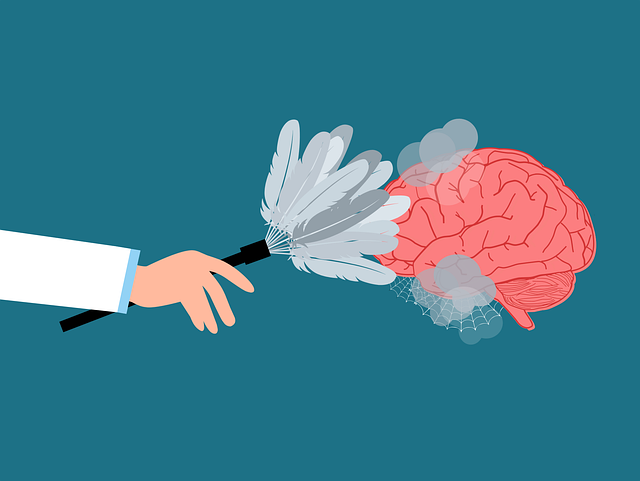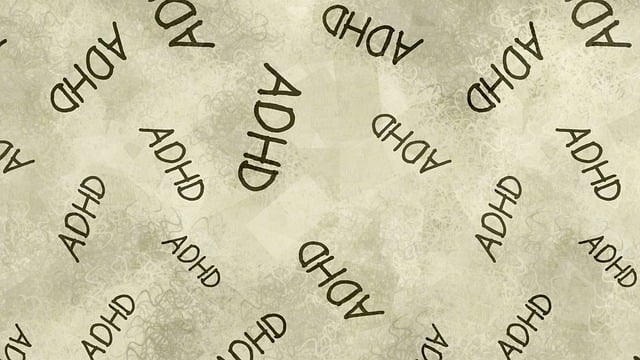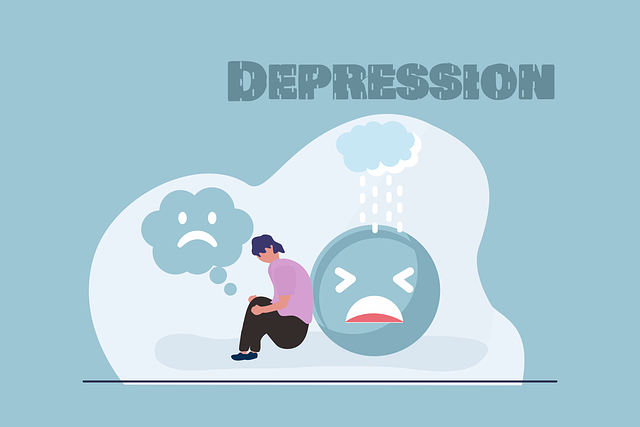Denver ADD-ADHD Therapy employs a multi-faceted approach to evaluation, combining subjective and objective measures like standardized questionnaires (e.g., Strengths and Difficulties Questionnaire, PHQ-9), personal narratives, focus groups, pre-post assessments, and facilitator feedback. This comprehensive strategy tracks symptom reduction, improved coping mechanisms, and enhanced well-being. By integrating quantitative and qualitative data, therapists tailor interventions to individual needs, ensuring continuous improvement in mental wellness outcomes while preventing healthcare provider burnout.
Mental wellness programs require rigorous evaluation to ensure effectiveness and adaptability. This article explores key methods used in assessing and improving such initiatives, with a specific focus on Denver ADD-ADHD Therapy. We delve into strategies for gauging program success, including outcome evaluation measures and participant feedback integration. Additionally, we highlight the significance of longitudinal tracking for understanding the sustainability of mental health outcomes, offering insights for continuous improvement in therapeutic practices.
- Assessing Program Effectiveness
- – Measures of outcome evaluation
- – Subjective and objective assessments
Assessing Program Effectiveness

Evaluating the effectiveness of a mental wellness program is a multifaceted process that goes beyond mere satisfaction surveys. At Denver ADD-ADHD Therapy, we leverage a comprehensive approach that includes quantitative and qualitative measures to assess the impact of our programs. This involves tracking key performance indicators (KPIs) such as participant symptoms reduction, improved coping mechanisms, and enhanced overall well-being. For instance, pre-post assessments can help gauge significant changes in anxiety or depression levels over time.
Furthermore, we integrate feedback from both participants and facilitators to gain deeper insights into program effectiveness. This includes exploring the integration of Compassion Cultivation Practices, Resilience Building exercises, and Burnout Prevention Strategies for Healthcare Providers within our therapy sessions. By combining these data sources, we can tailor interventions to better suit individual needs, ensuring continuous improvement and optimal mental wellness outcomes.
– Measures of outcome evaluation

Measures of outcome evaluation play a pivotal role in understanding the effectiveness of mental wellness programs, including Denver ADD-ADHD Therapy. These measures assess the tangible and intangible changes experienced by individuals post-intervention. One common approach is using standardized questionnaires and surveys that gauge symptoms, functioning, and overall well-being before and after therapy. For instance, tools like the Strengths and Difficulties Questionnaire (SDQ) or the Patient Health Questionnaire (PHQ-9) can track improvements in areas such as emotional regulation, social skills, and anxiety levels.
Moreover, outcome evaluation should encompass qualitative data from participants’ experiences. This includes personal narratives, feedback forms, and focus groups that capture individuals’ perceptions of their mental wellness journey. By combining quantitative and qualitative methods, therapists and researchers can gain a comprehensive view of the program’s impact on clients’ lives, informing adjustments to Denver ADD-ADHD Therapy or other mental wellness initiatives aimed at burnout prevention and enhancing overall well-being.
– Subjective and objective assessments

Evaluating mental wellness programs requires a comprehensive approach that includes both subjective and objective assessments. Subjective methods involve gathering firsthand feedback from participants through surveys, interviews, or focus groups. This provides valuable insights into their personal experiences, perceptions of program effectiveness, and any challenges faced during therapy sessions. For instance, individuals enrolled in Denver ADD-ADHD Therapy might share how the coping skills development component has improved their ability to manage symptoms and enhance their overall well-being.
Objective assessments, on the other hand, rely on measurable data and observations. This can include tracking attendance rates, evaluating pre-post therapy scores on standardized measures of mental health (such as anxiety or depression scales), and observing changes in behavior during crisis intervention guidance sessions. By combining these subjective and objective methods, program evaluators gain a holistic understanding of the impact and effectiveness of mental wellness initiatives, including efforts aimed at reducing the stigma associated with mental illness.
When evaluating mental wellness programs, such as those offering Denver ADD-ADHD therapy, a comprehensive approach is key. By combining subjective and objective assessments, we can gain a holistic understanding of program effectiveness. Measures of outcome evaluation play a vital role in tracking progress and ensuring the success of interventions. Through these methods, professionals can adapt and improve services, ultimately fostering better mental health outcomes for individuals in need.














